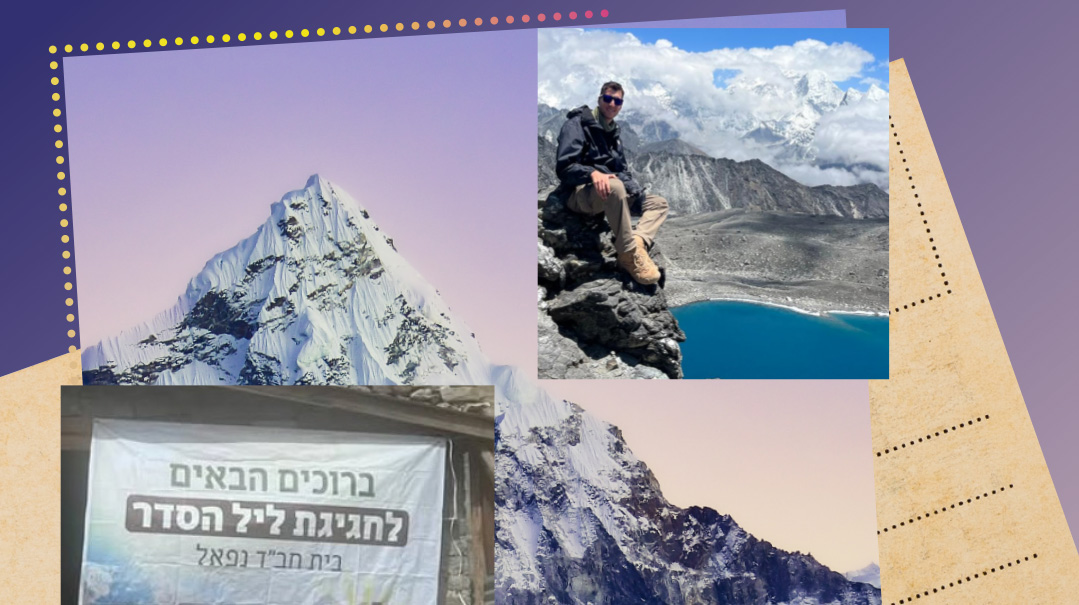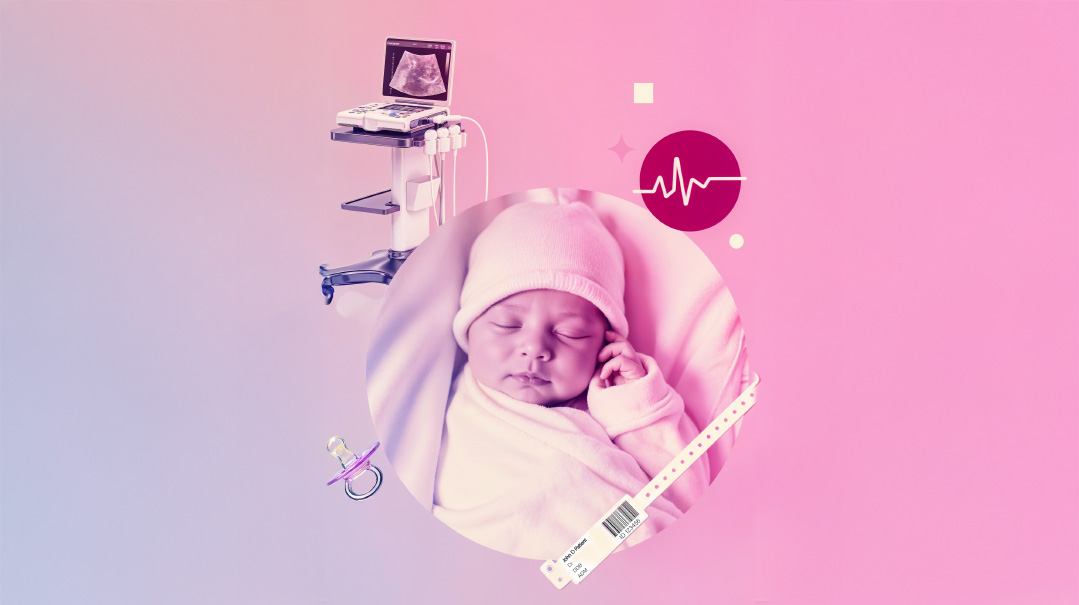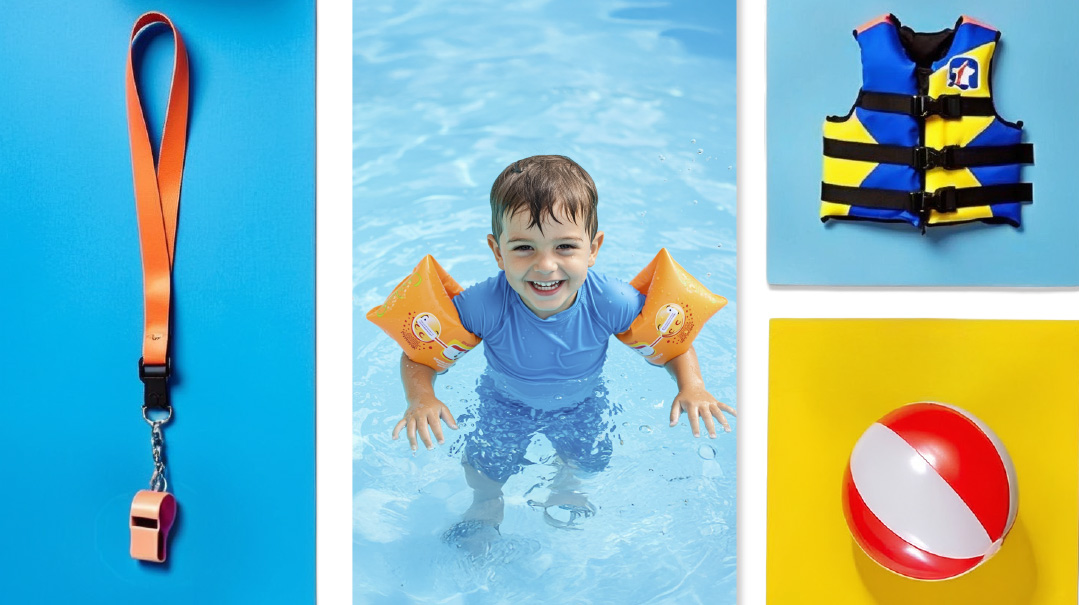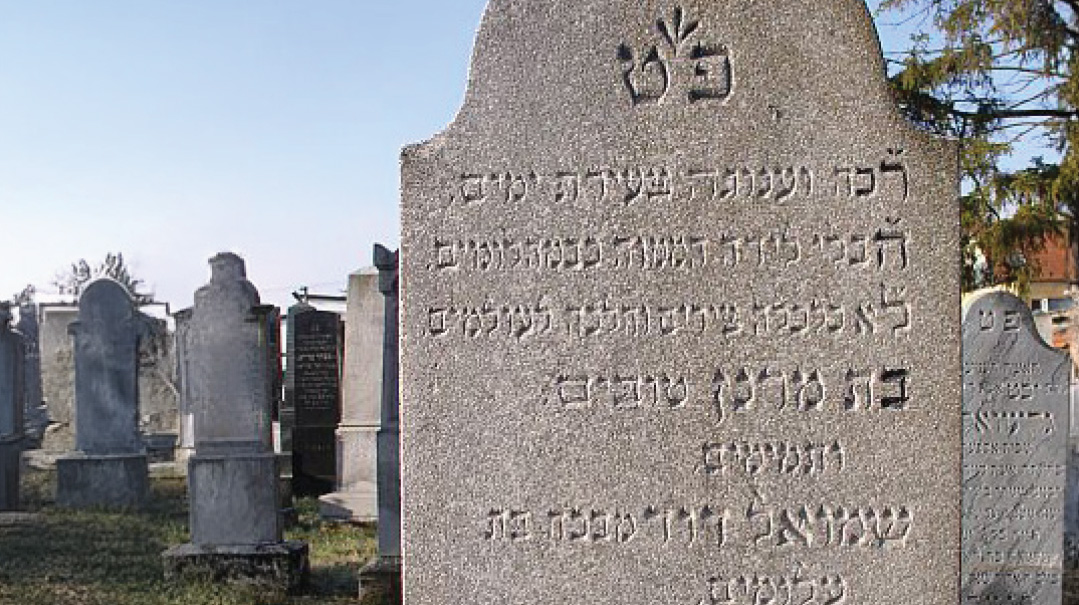Meet Breindy Herskowitz

Breindy Herskowitz proves that no life challenge is too overwhelming when you choose positivity and emunah
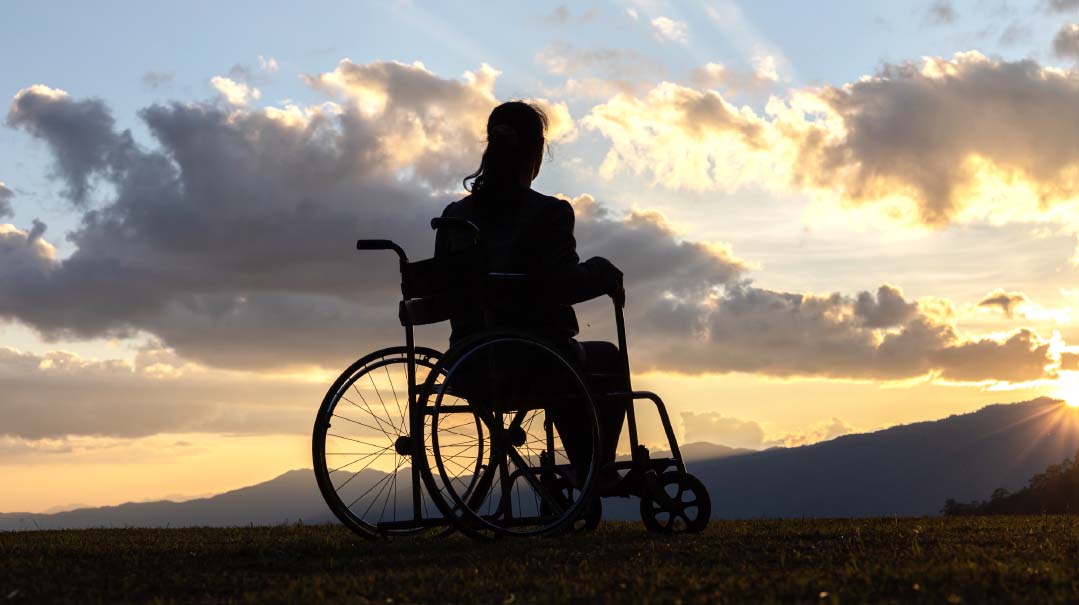
I’m the ninth child from a warm family from Williamsburg. I was born early, weighing less than three pounds, and no one expected me to survive.
The Eibeshter had other plans, and I did survive, after months in and out of the hospital and a long time on a respirator. When the dust settled, I was diagnosed with cerebral palsy and the host of physical disabilities that it entails. I can’t feed myself, get dressed without help, open my siddur to the right page, or even control my limbs from flailing. Just about the only thing I can do without help is drive my electric wheelchair, which is broken as often as not.
Cognitively, though, I’m as smart as you! My speech is slow and not so clear, but if you stop to listen, you’ll hear my intact mind. Even though I’m so dependent on others for my physical needs, I grew up feeling alone. I had no friends, no one who could relate to who I was: a healthy mind trapped in a crippled body. I lived with Hashem. Even as a child, people tell me, I would turn to Hashem and say, “Please help me!”
School was hard. I started out in public school until I was able to transfer to a regular Bais Yaakov, but I still felt alone. I was tiny and spastic, and the other girls didn’t always realize there was a sharp mind and actual neshamah in there. I had no one to confide in; locked-up feelings are like a bubble ready to burst, and sometimes it did. I would sob and sob out my feelings of loneliness and fear. I spoke to Hashem, because you never have to be embarrassed in front of Him.
Get it in writing:
Written with Shaindy Perl, My Life on Wheels, tells my story and shares some of the lessons I learned along the way. I like to think the ideas apply to any challenge, not just CP.
The Breindyism that sums it up:
You can’t choose the life you get; you can only choose your attitude.
Adventures most people wouldn’t believe I’m capable of:
With my friends’ help, I’ve been parasailing, traveled to Florida, California, and Eretz Yisrael, ridden on a camel, and stretched out on the sand.
New Surroundings
I moved into my first group home in Monroe when I was nine. All the residents are delayed or handicapped in various ways. Baruch Hashem, I have my head. A clear mind in a handicapped body is a blessing, but it’s not always easy.
The other residents might be more physically able than I am, but they’re mentally delayed, and they’re jealous and make fun of me at times. It’s also hard to build friendships and have conversations with people who aren’t able to relate to you. But I also learned gratitude from being with people who aren’t as gifted as I am. I have so much to be grateful for!
My solid hashkafos come from my parents, who are extremely spiritual people. I’ve also gotten lots of chizuk from Rav Ephraim Wachsman shlita who met privately with me to encourage me.
It’s taken a lot of work to be where I am now.
I’ve had to learn to be strict with myself. I could let myself be miserable, but I learned I have to choose happiness. No one can make you laugh if you want to cry, but if you look at the bright side you can turn everything around. There are times when I’m on a lift so the staff can help me with my physical care, and the lift will break and leave me dangling in midair. I could kvetch, but I make a choice to just laugh and see the humor.
A sense of humor is important or else life would just be one embarrassment or frustration after another.
People come over to me and say in this loud, exaggerated voice, like they’re talking to a five-year-old, “Wooow, what a pretty dress!” and I think to myself, “Who has the problem here, me or you?” Don’t make any assumptions about someone’s worth or ability based on appearances.
That’s easy to say but much harder to do, even for me. I’ve struggled with wondering about what I’m worth. My friends have moved on, gotten married, accomplished goals, and I’m still here. Out of school, there’s less to occupy my mind. So what’s there for me?
It takes constant focus and effort to remember that Hashem has a plan for each of us and gave us exactly the tools we need. I frequently remind myself to look at all the good I’ve been given and base my worth on who I am inside, not on superficial attributes.
Focusing Outward
Today, I speak in many different schools. I started this after one incident when I fell out of my wheelchair and hurt myself. The staff at the home were shocked that I was laughing at the absurdity of the situation. I feel deeply that you can choose how to look at your life, and I wanted to share that.
I talk to the girls about tefillah, positivity, and not letting challenges get you down. I gain, and the girls gain. I get so many letters from the girls and have made so many good friends from those appearances, and they visit me a lot. Our little chevreh calls itself “Bnos Breindy,” and we get together often.
I leave my plans up to Hashem, and He always comes through for me, even though there are so many obstacles — unreliable handicap-accessible vans, missed rides, funding for trips, and of course, my health. Somehow, when you have bitachon, He always makes things work out.
I also love to talk on the phone, and I’ve coordinated many successful tzedakah events. It feels amazing to be on the giving end.
Is this the life I would have chosen? Not many people would. But I choose to focus on everything Hashem has given me, and find joy every day in what I can do. I have cerebral palsy, but it doesn’t have me.
(Originally featured in Family First, Issue 772)
Oops! We could not locate your form.
